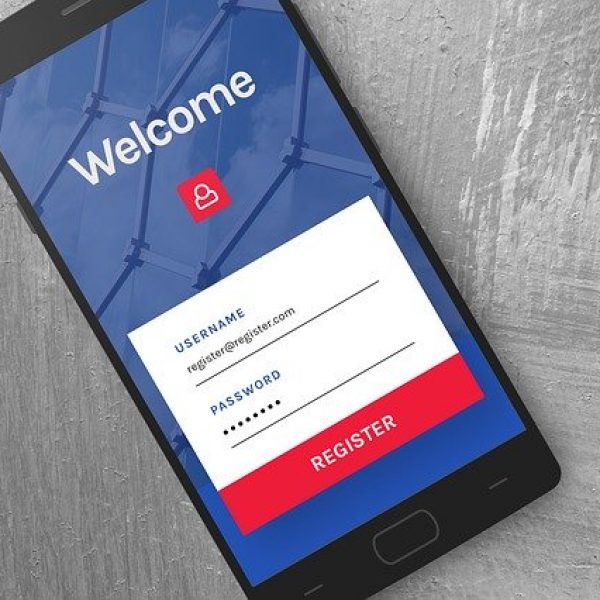Imposter syndrome often plagues even the most competent HR professionals, casting doubts on their achievements and capabilities. However, embracing this mindset can spark personal growth and authentic leadership within HR business partnering services. Here, we explore seven strategic approaches to turn these self-doubts into powerful tools for professional development and effective HR leadership. A word of caution: there’s no single solution for overcoming Imposter Syndrome. It’s about recognizing and managing it effectively. By learning to navigate these feelings, HR professionals can strengthen their leadership presence and lead a more purpose-driven career. Here are seven strategies to help control Imposter Syndrome:
Understanding Imposter Syndrome
Imposter syndrome refers to an internal experience of believing that one is not as competent as others perceive them to be. For HR professionals, this can often manifest as a fear of being exposed as a fraud despite evident successes and qualifications. This phenomenon is surprisingly common among successful individuals and can hinder their ability to fully acknowledge their accomplishments. Strategy 1: Recognise Your Value
Start by acknowledging your achievements and the unique skills you bring to your role as an HR business partner. Seek relevant feedback about your work to gauge your progress. Documenting your successes and the positive feedback you receive can help you internalise your accomplishments. Reflect on moments where your input directly contributed to team successes or business outcomes. Recognising your impact can significantly diminish feelings of fraudulence.
Strategy 2: Seek Constructive Feedback
Engaging with peers and mentors to gain constructive feedback is crucial. This can provide insights into areas of improvement and reaffirm your strengths, helping you build confidence in your capabilities. Constructive feedback guides your professional development and solidifies your understanding of how your contributions are valued within the organisation. The magic of this strategy is tuning into the positive and constructive feedback to help develop, grow and know where you stand with stakeholders.
Leveraging Imposter Syndrome for Growth
Viewing imposter syndrome as an opportunity rather than a hurdle can reshape your approach to HR leadership. This mindset fosters a commitment to continuous learning and self-improvement, both of which are vital for staying relevant and impactful in the ever-changing field of human resources.
Strategy 3: Continuous Learning
“Commit to continuous education and development. Attending workshops, seminars, and industry conferences can deepen your expertise and keep you up to date on the latest HR business partnering trends. Think creatively about expanding your learning—reaching out to ex-colleagues can be a great way to reconnect while adding a growth element. This proactive approach not only helps combat feelings of inadequacy but also positions you as a knowledgeable and forward-thinking leader in your field.”
Strategy 4: Set Challenging Goals
Push your limits by setting challenging yet achievable goals. This encourages personal growth and gradually increases your confidence as you meet these targets. Each achievement becomes a building block in a foundation of self-assuredness and expertise, further distancing you from imposter thoughts. To help you achieve this, consider ‘The Zeigarnik Effect’, a psychological phenomenon that suggests that incomplete tasks or goals tend to stay more prominent in the mind, leading to tension and a drive to complete them. When you write down your goals, it initiates a mental process where the brain stays focused on finding ways to achieve them, leading to more proactive behaviour. Writing goals helps create a sense of unfinished business, pushing individuals to take steps toward completion.
Fostering Authentic Leadership
Authentic leadership in HR is rooted in a deep understanding of one’s strengths and weaknesses and a commitment to acting with integrity and transparency. It’s about leading by example and inspiring the same level of honesty and dedication in your team.
Strategy 5: Practice Self-Reflection
Regular self-reflection allows you to examine your leadership style, make necessary adjustments, and stay true to your core values. This practice not only combats imposter feelings but also enhances your leadership authenticity. Self-reflection also helps identify areas where imposter syndrome may be affecting your decisions or leadership style, allowing for targeted improvements.
Strategy 6: Cultivate Transparency
Be open about your learning journey with your team, including the challenges you face. This transparency can foster trust and encourage a supportive workplace culture that values honesty and continuous improvement. Sharing your experiences with imposter syndrome can also normalise these feelings among your team, promoting a more supportive and understanding environment. And yes, it is perfectly normal for high performers to experience thoughts of imposter syndrome.
Strategy 7: Empower Your Team
Authentic leaders empower others. Encourage your team to pursue their professional development and provide them with opportunities to excel. This not only boosts team morale but also cements your role as a leader who supports and values your team’s growth. Empowering your team helps create a dynamic work environment where everyone can contribute their best, driving collective success.
Where to from here?
Embracing the vulnerabilities exposed by imposter syndrome can transform you into a more empathetic, relatable, and effective leader in HR business partnering services. By implementing these strategies, HR professionals can navigate their doubts and foster a culture of authenticity and continuous improvement in their organisations.
At Impactology, we understand the transformative power of effective HR business partnerships. Our tailored solutions help organisations harness HR’s full potential to drive business success and foster leadership that resonates with authenticity and proactive growth.

